Nowadays sugar is all around us – in drinks, fast food, packaged and canned foods. All of them contain too much sugar, which exceeds our recommended daily intake (24 g for women and 36 g for men) and harms our body.
How does sugar affect us?
When we eat refined sugar, the blood sugar level rises sharply and this leads to fatigue and irritability. Our appetite increases because the body feels the need for a new portion of energy and this leads to addiction.
Sugar covers the teeth with a sticky layer, which is unfavorable for the enamel and gums.
The sugar is stored as energy and the remaining sugars are converted into fatty acids. They accumulate as fat in the body, leading to obesity and disease.
How to avoid the negative consequences of an excessive amount of sugar?
There are various types of natural sweeteners that are low in calories, harmless, and very sweet.
Stevia

The Stevia Rebaudiana plant has been used for centuries in South America and is cultivated for the sweetness of its leaves. The extract is up to 300 times sweeter than sugar, does not harm the teeth, has a negligible effect on blood sugar and has no calories. It could help with hypertension by lowering high blood pressure and diabetes. The permissible daily dose is 4 mg/kg of body weight.
Erythritol
Erythritol is another sweetener that has almost no calories, does not cause tooth decay and does not affect blood sugar levels. It is a sugar alcohol, up to 70% sweeter than sugar and is found in some fruit such as grapes, pears and watermelon. It is produced by fermentation from glucose. The recommended daily dose is 0.6 g/kg body weight. If the dose is exceeded, it is possible to observe a slight gastrointestinal disorder, it is best to consume it in moderate quantities.
Xylitol
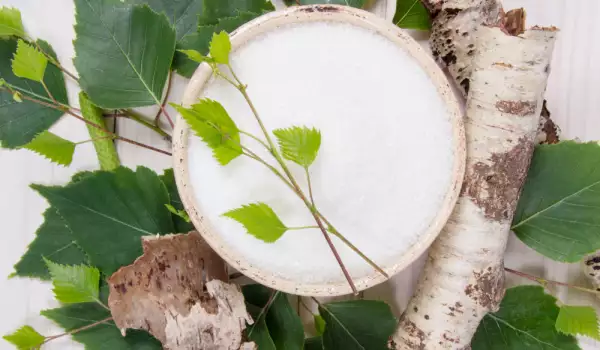
Xylitol is also a sugar alcohol, with a sweetness close to sugar. It contains 40% fewer calories than regular sugar (2.4 cal/g), has a negligible effect on blood sugar and does not harm the teeth. It may protect against tooth decay, so it is used in oral hygiene products. The extract is produced by fermentation from corn or hardwood (also called Birch sugar). The recommended daily dose varies from 10 to 30 grams, if exceeded, it can cause a laxative effect.
Yacon Syrup
Yacon syrup is extracted from the sweet tuberous roots of the Yacon (Peruvian apple) plant, which is found in the Andes of South America. The syrup has only 1.33 calories/g, does not increase the blood sugar level and is good for the intestines. The recommended daily dose is up to 20 g, with a larger amount, digestive problems are possible.
Monk fruit extract
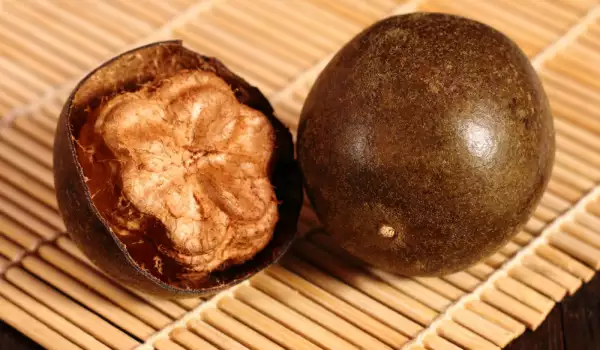
Monk Fruit (Luo Han Guo) is found in Southeast Asia. The extracted extract has no calories and is up to 250 times sweeter than sugar. It does not raise blood sugar levels and is suitable for diabetics, but some products on the market in which it is used may have added sugar. It has an anti-inflammatory effect and is good for sore throats. More research is needed on monk fruit, but there are no known side effects. It is not yet imported into Europe.
Other natural sugar substitutes
The other refined sugar substitutes like honey, agave syrup, maple syrup, etc. they are no different from sugar, because they affect the liver in the same way, but there is nothing wrong with using them instead. The most dietary alternative would be the natural sweeteners Stevia, Erythritol, Xylitol, Yacon Syrup and Monk Fruit Extract.

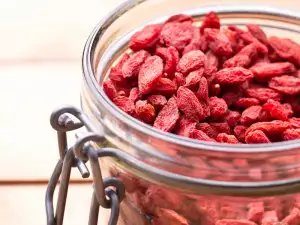
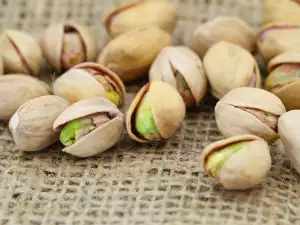




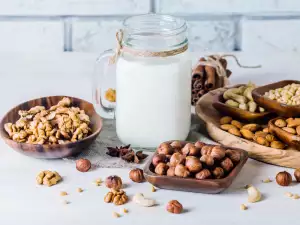




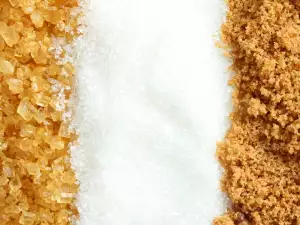
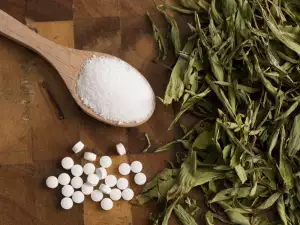






Comments